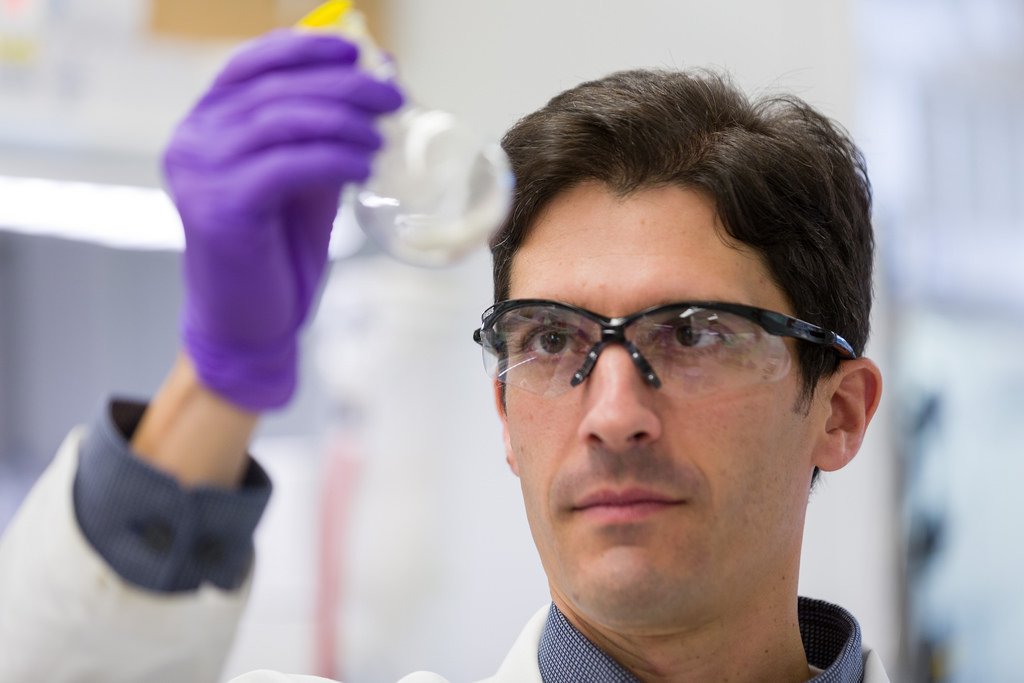
Singapore - Esco Aster, a leading independent contract development and manufacturing organization underpinned by its patent Tide Motion bioreactor technology, has signed a cooperation agreement with the Max Planck Institute (MPI) for Dynamics of Complex Technical Systems, Magdeburg, Germany to develop new techniques for cell-culture based virus production of human flavivirus vaccines.
Under the terms of the agreement, Esco Aster will support a research project led by Dr. Yvonne Genzel, team leader Upstream Processing at the department Bioprocess Engineering, MPI. The purpose of the project is to culture Vero cells, using a packed bed bioreactor to a high cell density, and produce live attenuated yellow fever virus (YFV). Most companies are using the classical production process using embryonated chicken eggs in YFV vaccine manufacturing.
“We are excited that this project is the first overseas joint research collaboration outside Singapore. Together with MPI researchers, we could identify new directions and methods for addressing this public health danger of mosquito-borne flaviviruses. The goal of our collaboration is to meet this concern by producing efficacious and affordable vaccines, and hopefully, a large-scale continuous production. We look forward to working with the MPI team”, said Xiangliang Lin, Esco Aster's Chief Executive Officer.
Esco Aster supports the development of safe, effective, next-generation vaccines based on its advanced manufacturing solutions and processes to the marketplace.




